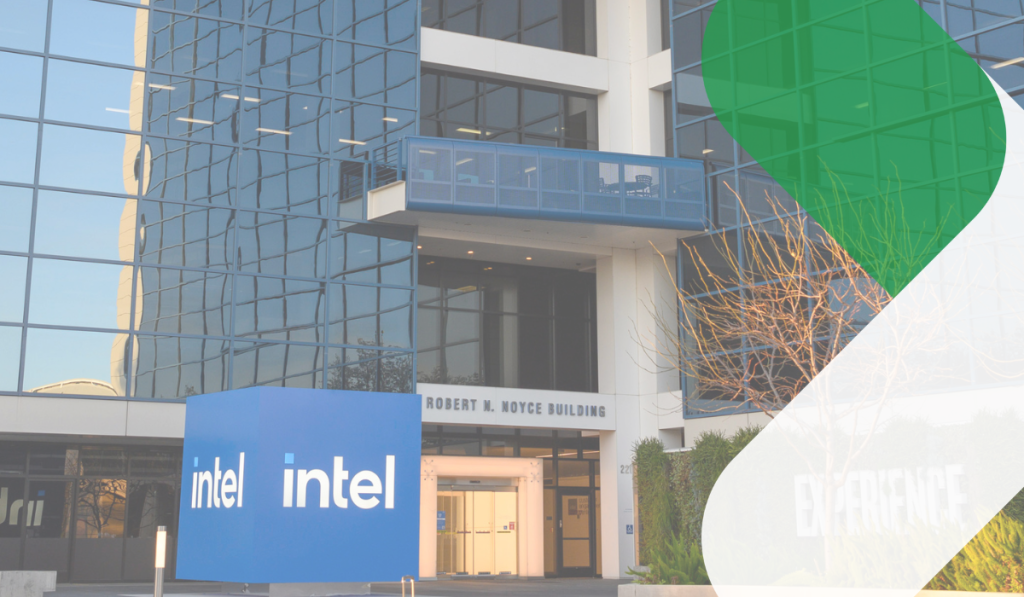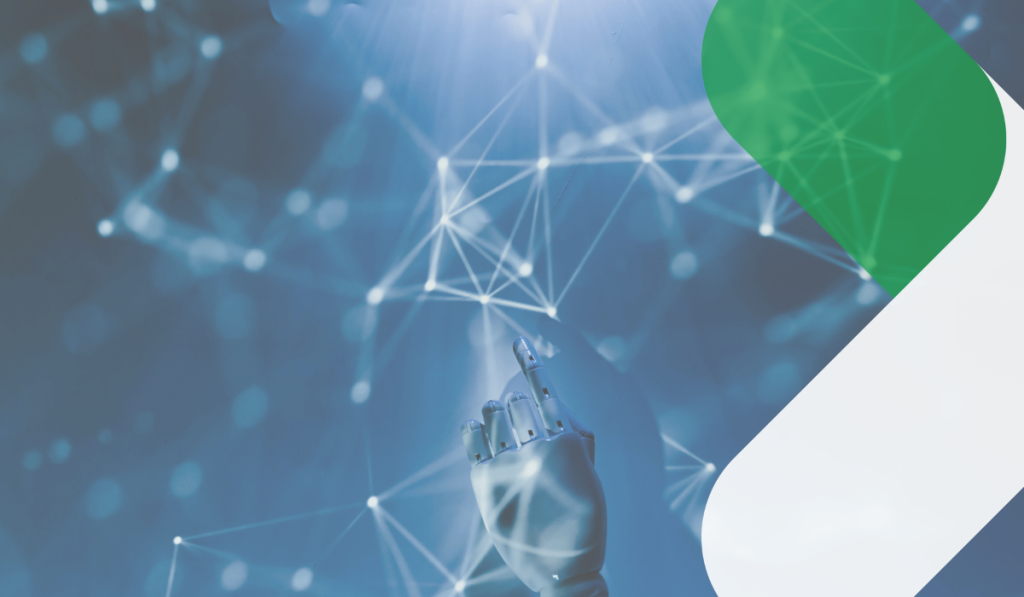Supply Chain Management
The convergence of blockchain and AI revolutionizes supply chain management by enhancing visibility, efficiency, and trust across global networks. Blockchain’s immutable ledger ensures transparent and tamper-proof records of goods at every stage of the supply chain, from production to delivery. This helps combat counterfeit goods and ensures compliance with regulatory standards. Meanwhile, AI adds predictive and analytical power, enabling businesses to forecast demand, optimize inventory, and preempt logistical disruptions such as weather-related delays or geopolitical issues. These technologies empower companies to achieve seamless supply chain operations while meeting consumer demands for ethical sourcing and product authenticity. Solutions like IBM’s Food Trust exemplify this synergy, allowing stakeholders to trace food products’ origins and ensure safety, reducing waste and inefficiencies across the supply chain.
Healthcare
In healthcare, blockchain and AI address some of the industry’s most pressing challenges, from data security to personalized medicine. Blockchain ensures secure and transparent storage of sensitive patient data, providing patients with control over their medical records while maintaining privacy. For example, AI algorithms can analyze patient data to predict the likelihood of disease outbreaks or identify tailored therapies based on genetic information. Blockchain further enables tokenized incentive systems, encouraging patients to share anonymized health data for research while ensuring privacy.
Finance
The financial sector has become a hotbed for blockchain and AI convergence, driven by the need for enhanced security, efficiency, and automation. Blockchain provides a secure transaction infrastructure, while AI enables advanced analytics, fraud detection, and algorithmic trading.
In Decentralized Finance (DeFi), AI-powered algorithms optimize liquidity pools, identify arbitrage opportunities, and mitigate risks through real-time market analysis. Blockchain smart contracts, when integrated with AI, allow for seamless automation of financial processes such as loan approvals, ensuring compliance with predefined terms while eliminating intermediaries. Moreover, AI can identify suspicious transaction patterns, enhancing fraud prevention and anti-money laundering (AML) efforts. The combination also facilitates the creation of new financial instruments, such as AI-driven asset tokenization and dynamic pricing models.
Decentralized Autonomous Organizations (DAOs)
Decentralized Autonomous Organizations (DAOs) are emerging as innovative governance structures, and the integration of blockchain and AI is elevating their potential. Blockchain ensures transparent, tamper-proof records of decisions and voting outcomes, while AI enhances decision-making by analyzing member preferences, past trends, and external data. For example, AI can predict the impact of policy changes or recommend strategies based on data-driven insights, enabling DAOs to make more informed and effective decisions. Blockchain-based smart contracts automate the execution of these decisions, ensuring all actions align with predefined rules and reducing administrative overhead.
This combination also democratizes governance, as AI can ensure fair and unbiased analysis of proposals, and blockchain provides accountability through verifiable audit trails. Together, they create DAOs that are more efficient, transparent, and capable of addressing complex challenges, making them ideal for industries ranging from community development to corporate governance.




